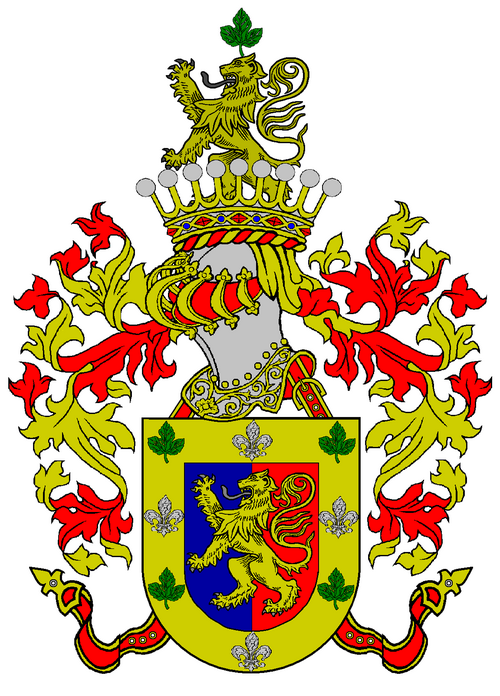MOVIE REVIEWS
 Review by Filipe Manuel Neto
Review by Filipe Manuel Neto
**Romanticizing Jane.** Jane Austen was a nonconformist. She was the seventh child of an Anglican priest and belonged to what we might now call the middle class. She had many books at home, and both parents taught her to read and write, supported her, recognized in her the same talent we all know her now. Moreover, she was unlucky in love: it does not seem that her parents sought to marry her, it is quite plausible that she did not want to marry for economic reasons and the love affairs that we know of her were short and fruitless. With the publication, very shy, of her first editions, the writer's financial situation improved, and public recognition begin to appear. Sadly, the author died quite young, without collect the fruits of her talent. I am not an expert on Jane Austen, but this is, very briefly, the author's biography, almost sketched in a stream. The film focuses on her youth and builds romantic fiction around her. Personally, I'm dubious about much of what happens in this movie. I think much of it is romantic invention, almost turning Austen into one of her own characters, torn between the attention of two very different suitors. The film is not bad, but it is far from flawless and will never be one of the reference “biopics”, at least in my understanding. Julian Jarrold's direction was effective, but he gives us a work that bets more on the construction of the characters and the story than on the relationship between the film and the real life of the biographed person. The cinematography is good and there are some good effects. The soundtrack is mediocre. The period recreation was reasonably done, resorting to decent costumes and good locations and sets. In between, however, there are some grotesque errors and anachronisms: in the ball scene, Jane appears with a dress twenty years ahead of the time, in another scene we see wedding rings, something that did not exist at that time, and in another one we see Jane being recognized as the writer of a novel when, in fact, she published anonymously several of her books and got very little recognition in her lifetime. Even her epitaph, on her tomb in Winchester Cathedral, ignored her literary output until it was replaced by new text in the late 19th century. In the midst of all this, the extraordinary dramatic interpretation of the actors stands out, and especially Anne Hathaway, who gave the character a touch of kindness mixed with a marked rebelliousness and nonconformity. She didn't want to be like other women. James McAvoy also does a very interesting job in this film and deserves our full attention. The film also has good performances by James Cromwell, Julie Walters, Maggie Smith and Ian Richardson.